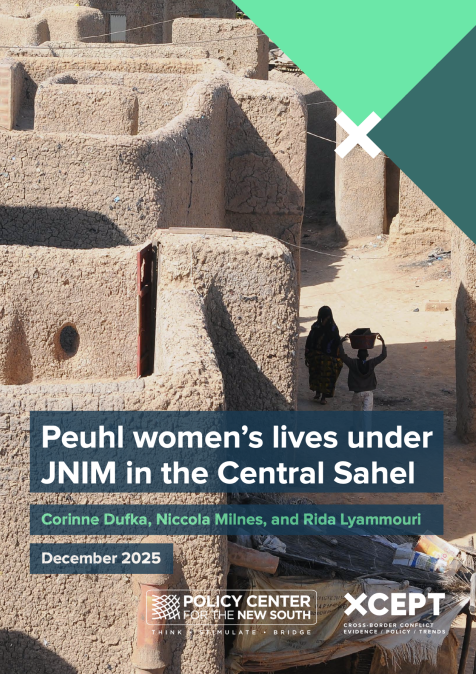Podcasts
Bridging the Gender Gap: Women in Leadership
Related topics:
Data continuously shows that women’s access to management positions in organizations is limited compared to men. This is also true in other sectors and at all levels in society. Although the number of women within organizations and in leadership positions may have risen, women do not necessarily have greater power, and the further up the corporate ladder you go, the less women are represented. Research has however shown that organizations with a greater share of women on their board of directors and executives tend to perform better. Having women as leaders and decision makers at all levels is critical to advancing gender justice and gender equality, and to furthering economic, social and political progress for all.








